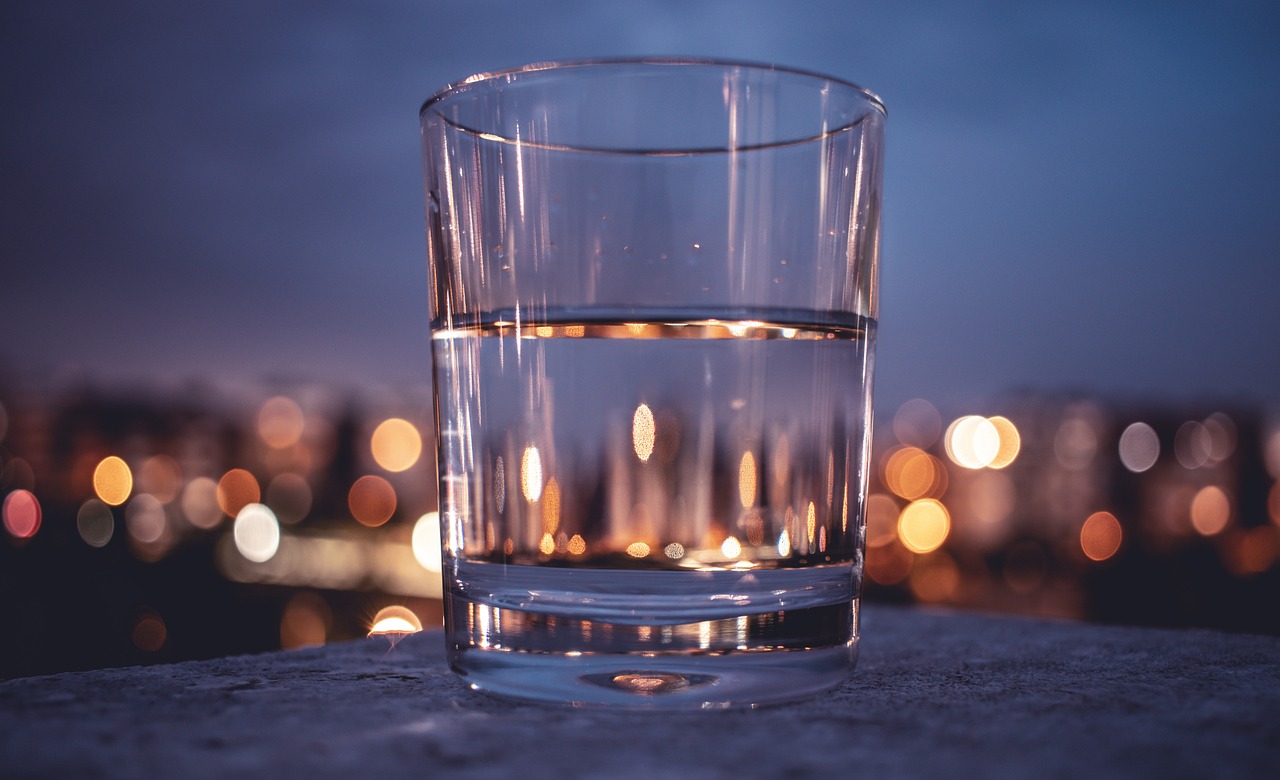Water is the elixir of life. From the first sip in the morning to the last drop before bed, staying hydrated fuels every cell, organ, and function of your body. But hydration isn’t just about drinking water; it’s a cornerstone of vitality and energy. This article delves into the science of hydration, its benefits, and practical ways to stay hydrated.
What is Hydration in the Body?
Hydration refers to the process of maintaining adequate fluid levels in the body. Water makes up about 60% of an adult’s body weight and plays a vital role in numerous bodily functions, including temperature regulation, digestion, and joint lubrication. Without proper hydration, these processes slow down, leading to fatigue, poor concentration, and even serious health issues.
The Science of Hydration
The body loses water through sweat, urine, and even breathing. To replenish these losses and stay hydrated, everyone should aim to consume adequate fluids throughout the day. But why is hydration so critical?
Key Functions of Water:
- Transportation: Water carries nutrients and oxygen to cells.
- Regulation: It helps maintain body temperature.
- Protection: Water cushions joints and protects sensitive tissues.
- Detoxification: It flushes out waste products through urine and sweat.
Importance of Hydration Essay: Benefits of Staying Hydrated
- Boosts Physical Performance: Hydration is essential for athletes and anyone engaging in physical activity. Dehydration can impair performance, reduce endurance, and cause muscle cramps.
- Improves Brain Function: Even mild dehydration can affect mood, memory, and concentration. Staying hydrated ensures optimal brain performance.
- Supports Digestive Health: Water aids digestion by breaking down food and preventing constipation.
- Enhances Skin Health: Proper hydration keeps the skin plump and reduces signs of aging.
- Maintains Energy Levels: Fatigue is one of the first signs of dehydration. Drinking water can help you stay energized throughout the day.
5 Tips to Stay Hydrated
- Start Your Day with Water: Drink a glass of water first thing in the morning to kickstart your metabolism.
- Set Hydration Goals: Use apps or alarms to remind you to drink water regularly.
- Incorporate Water-Rich Foods: Fruits like watermelon and oranges are excellent for hydration.
- Carry a Water Bottle: Keep water within reach to make it easier to stay hydrated.
- Monitor Your Urine Color: Light yellow urine typically indicates good hydration levels.
Table: Recommended Daily Water Intake
| Age Group | Gender | Daily Water Intake (Liters) |
|---|---|---|
| Children (4-8) | Boys/Girls | 1.2 |
| Adolescents (9-13) | Boys | 2.4 |
| Adolescents (9-13) | Girls | 2.1 |
| Adults (14+) | Men | 3.7 |
| Adults (14+) | Women | 2.7 |
| Pregnant Women | Women | 3.0 |
| Lactating Women | Women | 3.8 |
Stay Hydrated Meaning and Myths
Meaning: Staying hydrated means maintaining an adequate level of fluids in your body to ensure all systems function optimally.
Common Myths:
- You Need 8 Glasses of Water Daily: While this is a general guideline, water needs vary by individual based on activity level, climate, and health conditions.
- Caffeinated Drinks Dehydrate You: While caffeine has a mild diuretic effect, drinks like coffee and tea still contribute to your daily fluid intake.

Hydration Tips for Specific Situations
- During Exercise: Drink small amounts of water every 15-20 minutes to replace sweat losses.
- In Hot Weather: Increase your fluid intake to compensate for higher sweat rates.
- While Sick: Conditions like fever and diarrhea can lead to dehydration. Oral rehydration solutions can help.
How to Stay Hydrated in Everyday Life
- Drink Before You’re Thirsty: Thirst is a late indicator of dehydration.
- Flavor Your Water: Add lemon, mint, or cucumber slices to make water more appealing.
- Choose Electrolyte-Rich Drinks: Sports drinks or coconut water can replenish lost electrolytes, especially after intense exercise.
FAQs on Hydration
1. What is hydration in the body? Hydration is the process of maintaining adequate fluid levels in the body for optimal functioning.
2. How much water should I drink daily? The recommended intake varies but generally ranges from 2.7 liters for women to 3.7 liters for men.
3. Can you drink too much water? Yes, excessive water consumption can lead to a condition called hyponatremia, where sodium levels in the blood become dangerously low.
4. What are the best foods to keep hydrated? Water-rich foods include watermelon, cucumbers, oranges, and strawberries.
5. Why is hydration important? Proper hydration supports physical performance, brain function, digestion, skin health, and energy levels.
6. How can I stay hydrated everyone? Follow simple practices like drinking water regularly, eating hydrating foods, and carrying a water bottle.
7. What’s the stay hydrated meaning in daily life? It means maintaining consistent fluid intake to ensure your body operates at its best.
8. हाइड्रेशन क्या है? हाइड्रेशन का मतलब शरीर में पर्याप्त तरल पदार्थ बनाए रखना है ताकि शरीर के सभी कार्य सुचारू रूप से चल सकें।
Conclusion
Hydration is more than just a health buzzword; it’s a vital aspect of maintaining overall well-being. By understanding the stay hydrated meaning and incorporating simple tips into your daily routine, you can enjoy better energy, improved health, and a more vibrant life. Remember, staying hydrated isn’t a task; it’s a lifestyle choice. Keep hydrated or stay hydrated – it’s the mantra for a healthier you!

